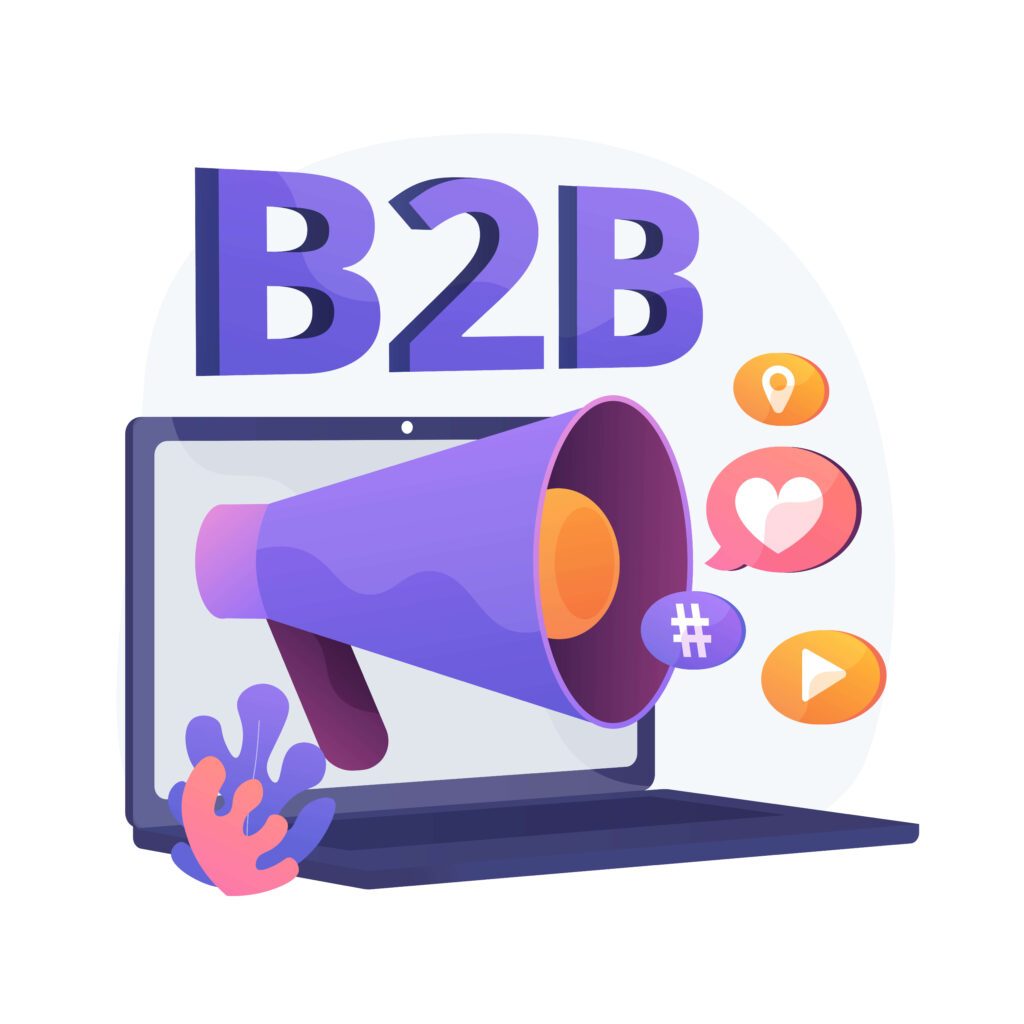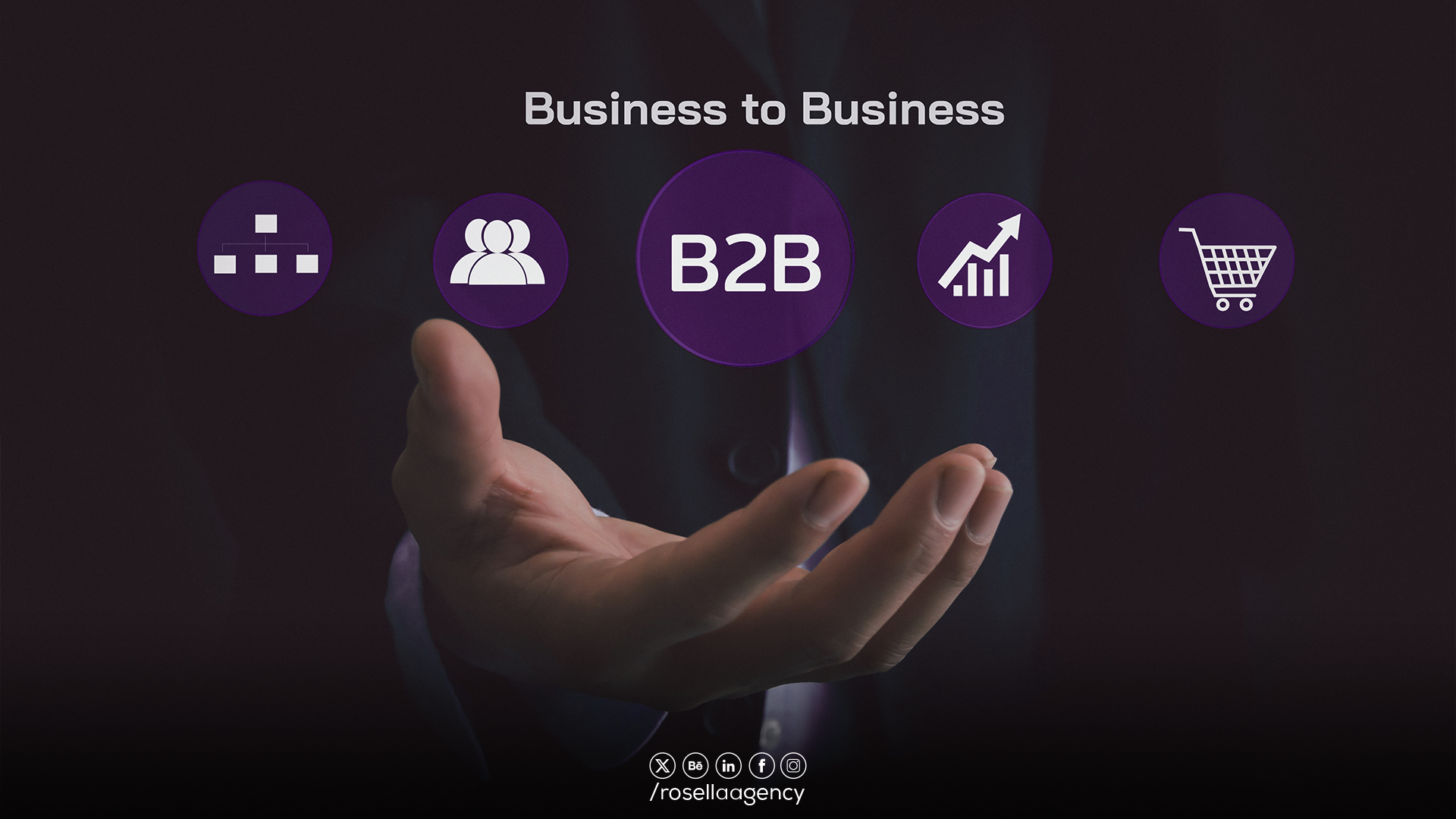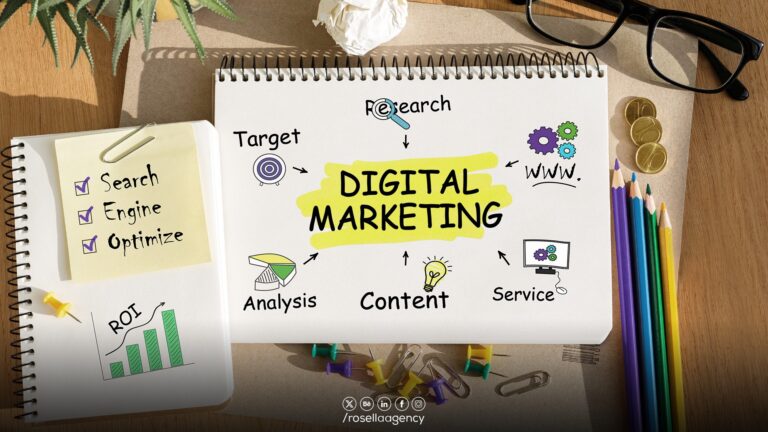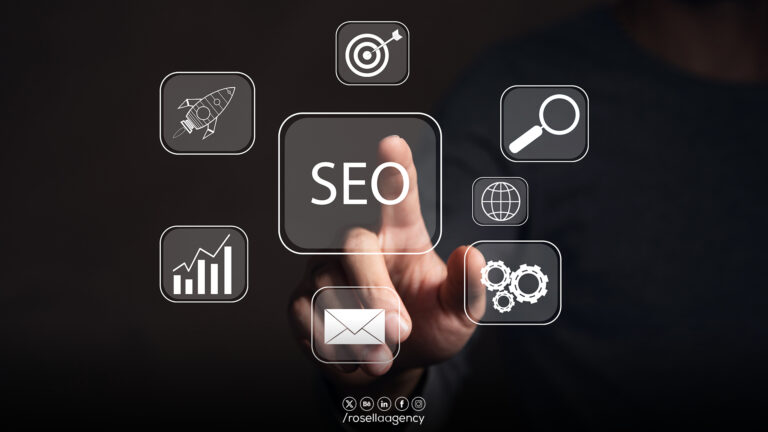What is B2B Marketing? Definition & Example!
A lot of people get confused between Alibaba Express and the usual Alibaba website with the orange color. Most also think there’s no difference, and that they can easily buy from the usual Alibaba website. Well, that in itself can tell you: What is B2B marketing?
The usual Alibaba, the orange website that you see some unbelievable prices on for marvelous items, actually isn’t open for me and you to buy from. It’s only open for companies to buy from. It requires specific documents, certifications, and licenses to buy, and you can’t buy one piece or two of each item. You’ll always find a limited quantity of each item, a quantity over your needs, even if your entire neighborhood decided to buy this item along with you.
That’s a brief example of: What is the meaning of B2B marketing?

What is B2B marketing—definition & examples?
As the name suggests, B2B marketing is business-to-business marketing activity, in which the target audience is other companies and other business entities, not individuals nor end users.
What is the difference between B2B and B2C marketing?
We can distinguish the difference between business to business marketing and business to consumer marketing in these 7 points:
- B2B marketing targets a smaller quantity of customers, limited by organizations and other business entities, while B2C marketing targets a large scale of individuals and end users.
- B2B marketing has much bigger deals, less in quantity orders, but much larger than what individuals consume.
- B2B is a more formal type of marketing as it talks to business organizations, while B2C is more appealing as it speaks to people.
- A longer time to make the purchase decision, as in business, might take months to place the order of a container or 15 containers of a product, after weeks of negotiation, sending samples, agreeing on payment facilities, and possibly meetings between both sides, even if each side of the deal is in a different country. But when it comes to consumers, it’s a much faster purchase decision.
- B2B is a longer business relationship than a business-to-consumer one. In the end, it’s very hard to find a committed business to provide your own business with the products and services that your sales count on. And it also takes a longer time to reach another business that provides you with the exact requirements you need in your product, have an agreement on the packaging, prices, materials, and time of delivering.
- Less marketing budget and efforts. As in B2B, you’re not looking for an interested audience but you actually know who your audience is by names. Your message is formal, short, and can be delivered by simple ways like emails or messaging the business on their account on the B2B platforms. You’re not struggling to appear in the mailbox, as you’re actually emailing a business that has a follow-up system for emails and responsible employees for replying to them.
- The larger the quantity, the bigger the margin profit. This is why you see very low prices on Alibaba, the original website, and I’ll explain it to you simply. Bring a paper and cut 3 squares out of it. Each square is only 5 centimeters. Then try to cut five more squares of the same size out of it. It can’t, probably because the first cut ruined the possibility of cutting more squares, and also we’ll need an additional piece of paper to get the fifth square. And this is what large quantities do to the producer. Producers can organize productivity, worker shift hours, and expenses much more when it’s about big quantities, and they lose materials, wages, and expenses when it’s smaller quantities; what makes big quantities much less in prices.
After all, we must not ignore that even B2B marketing is a human to human contact just like the B2C one, and it carries the same values. It needs authenticity, reliability, credibility, and commitment to create a long-term business-to-business relationship.
The main types of B2B marketing
- Producers
Buying a big quantity of materials, to turn them into products.
Kebab restaurants buy beef to turn them into delicious sandwiches and meals. Packaging companies buy tons of paper to produce packages.
- Resellers
Buying from producers to sell to consumers. Like little boutiques reselling goods that they purchased from producers. Like pharmacies buying from medicine producing corporations.
When it comes to marketing channels
- Unexpectedly, you can consider social media, like Facebook, YouTube, and LinkedIn, and yes, they get the B2B entities very good ROI.
- You should definitely consider Google ads.
- You can also consider the big names’ platforms like Alibaba. Just by posting your business products there, and with a few efforts, you can get other businesses interested.
So, now you know that when you see an item on the original Alibaba website that you’d die to have, you’ll have to start a business for it, so you can enjoy this item with your entire neighborhood.
Sources






